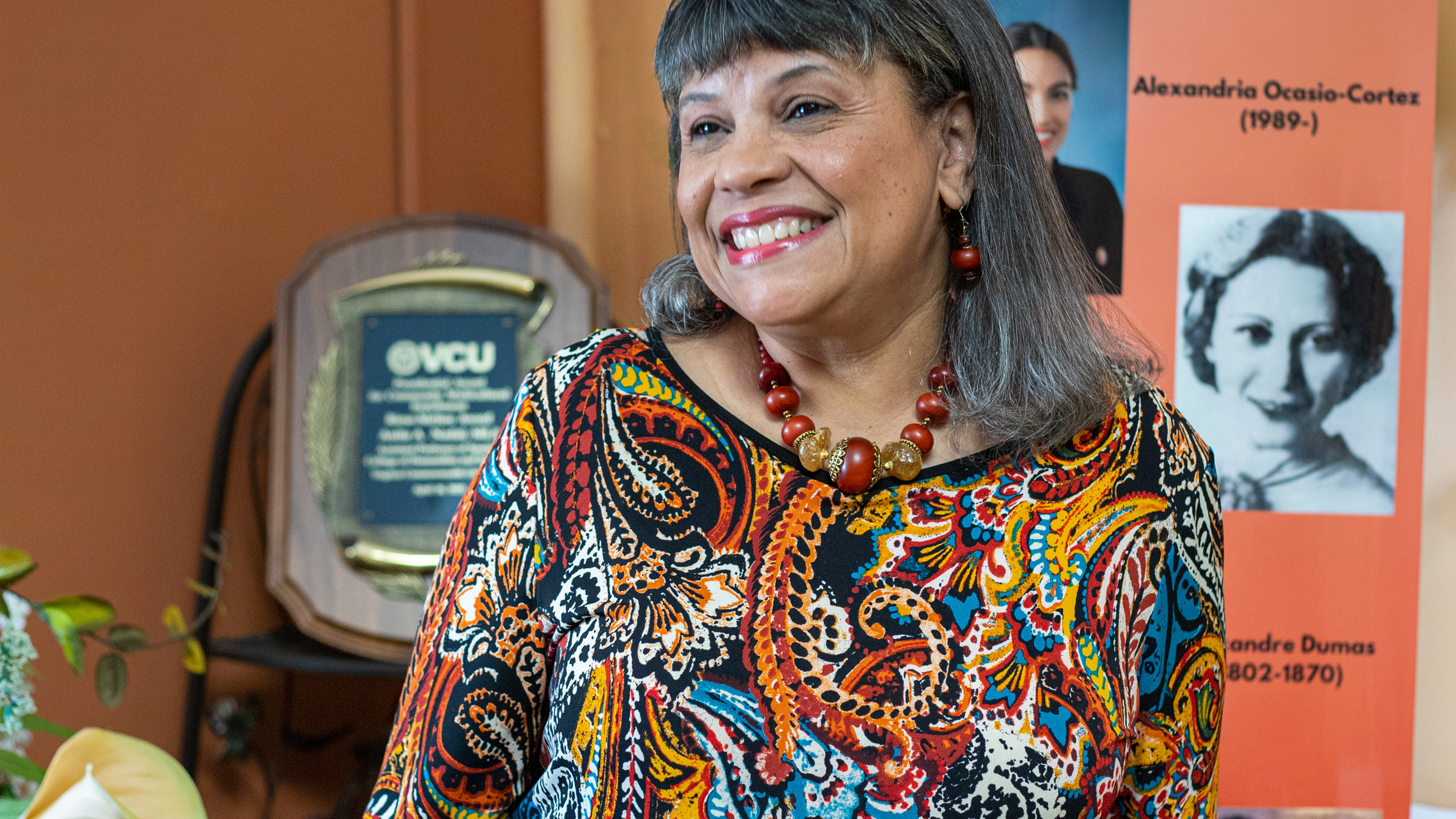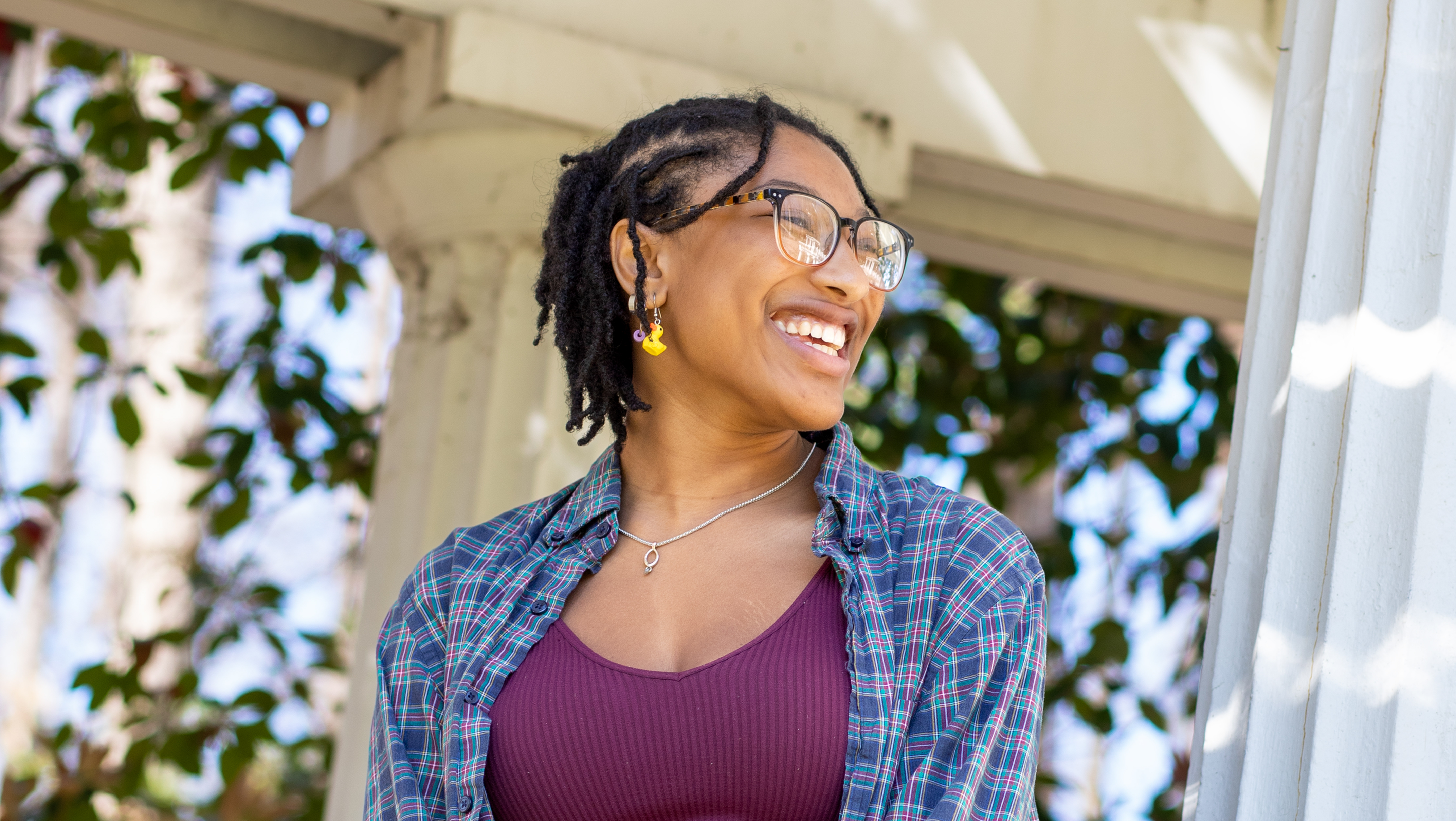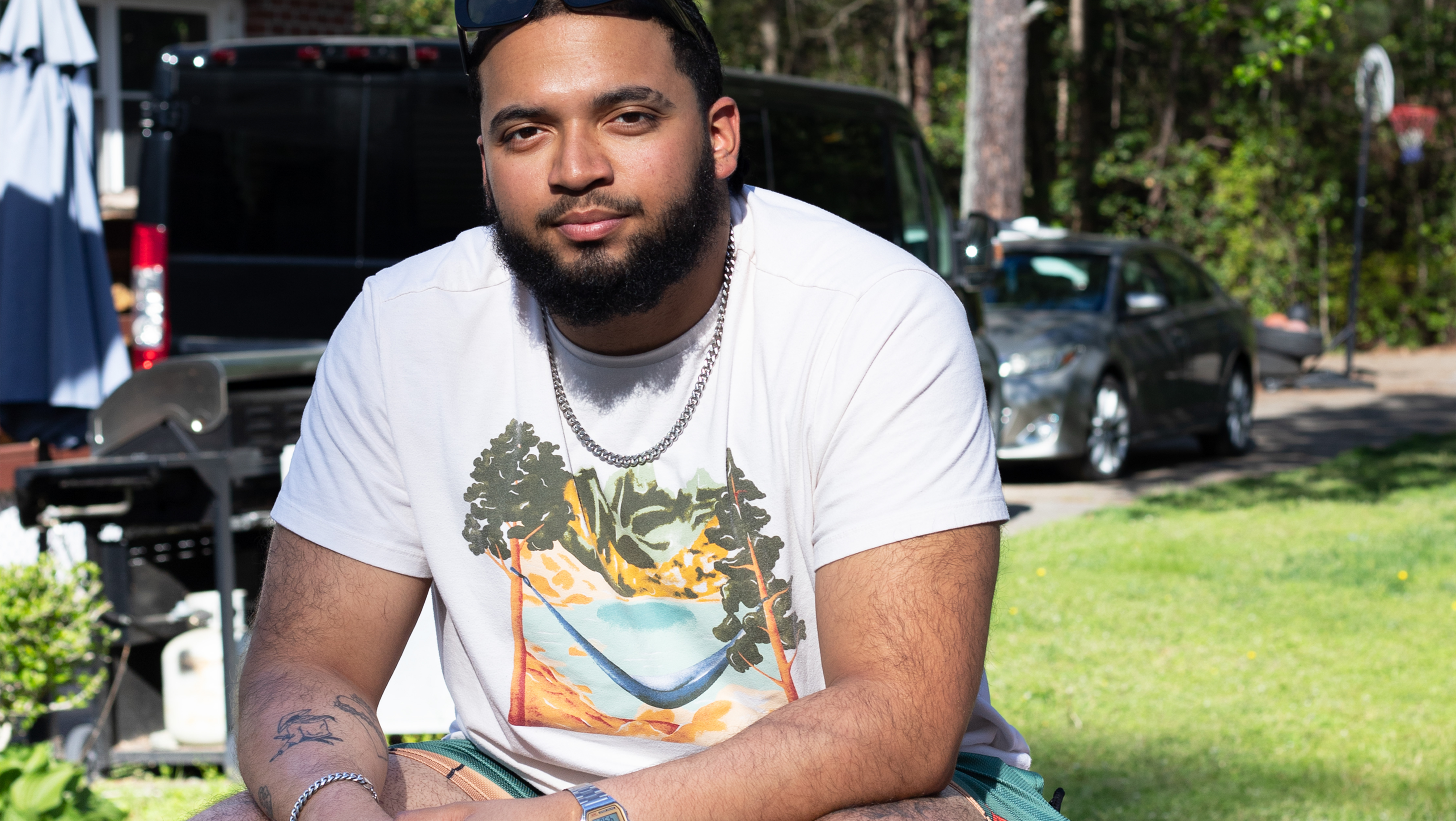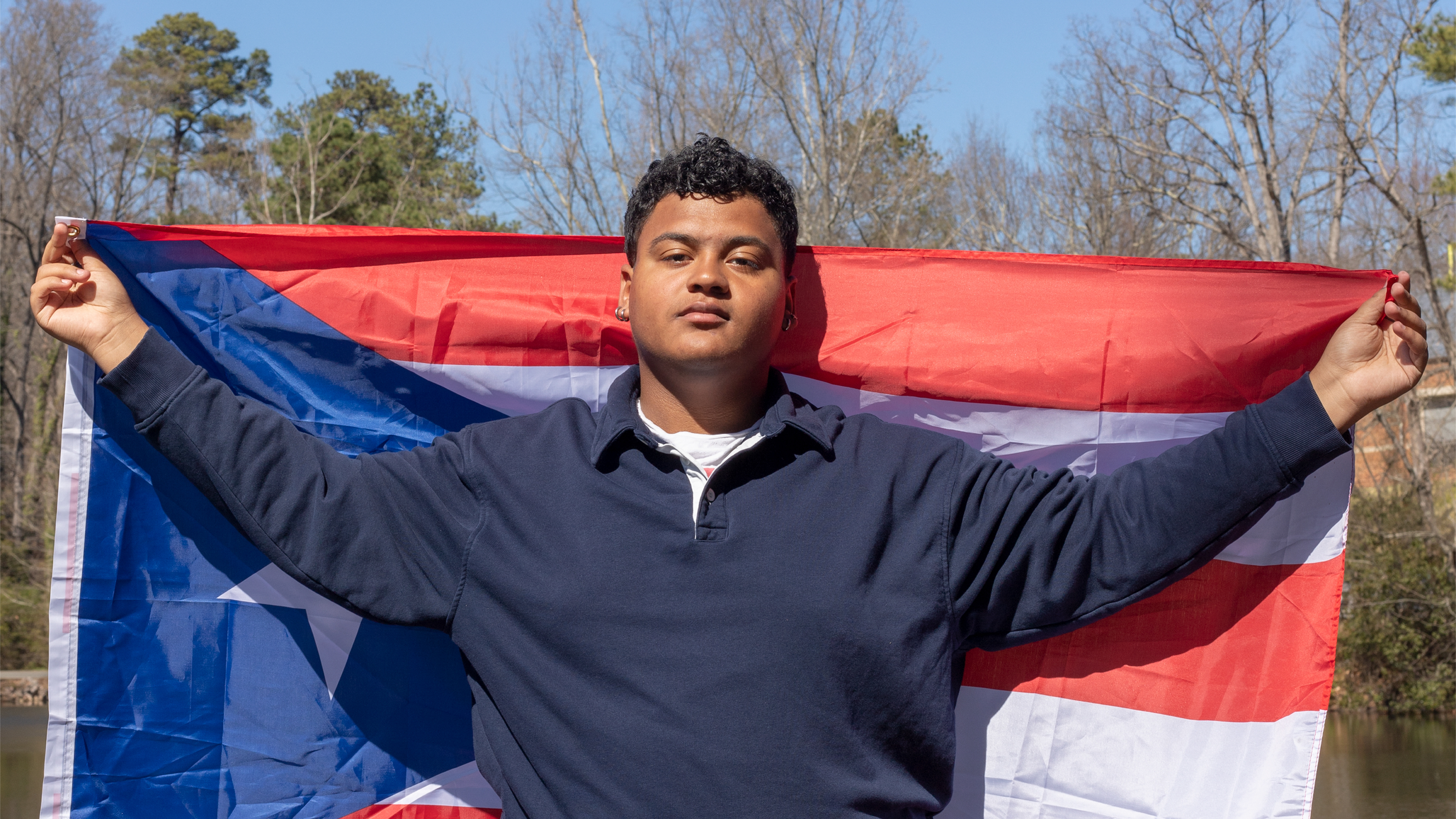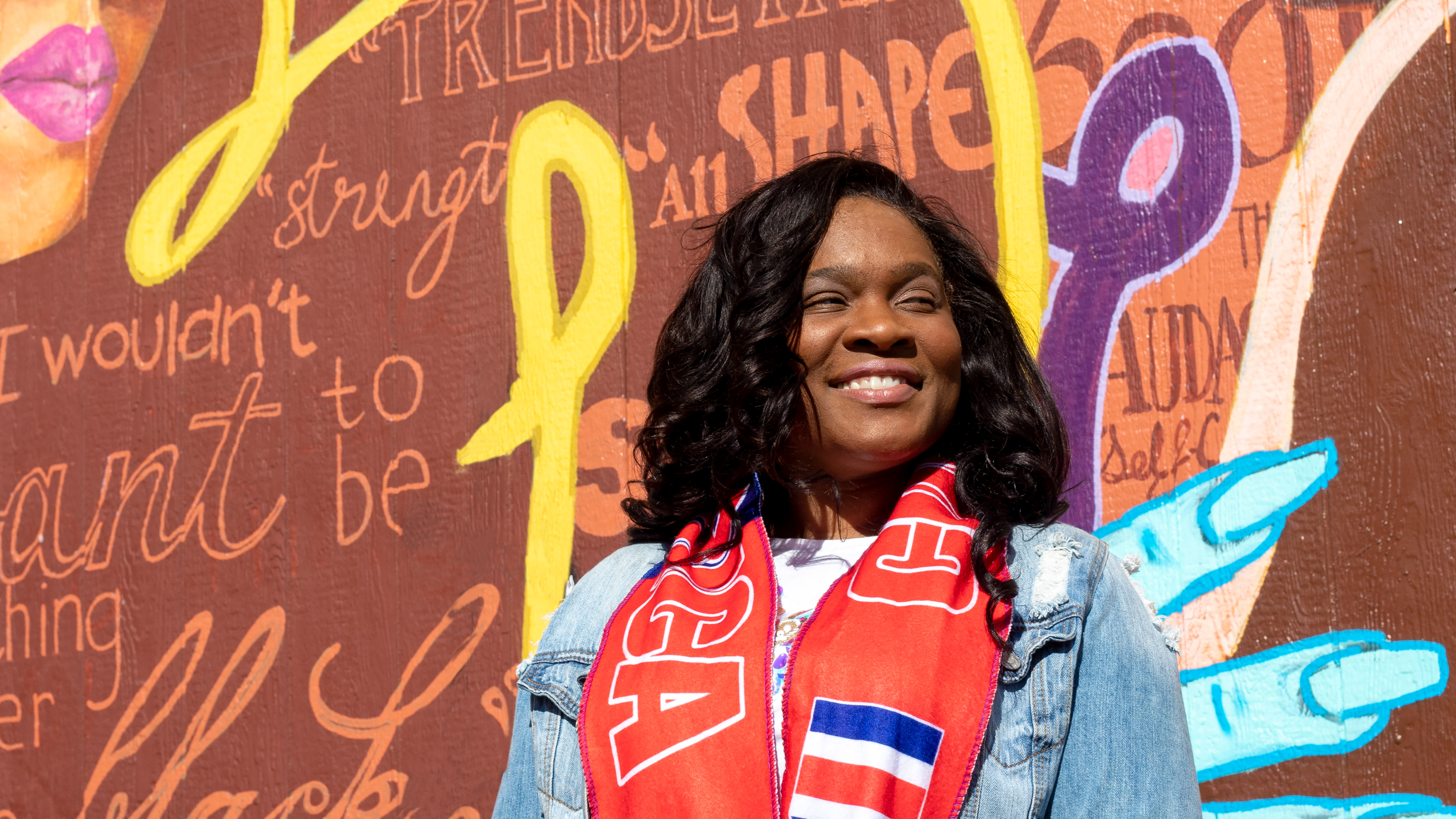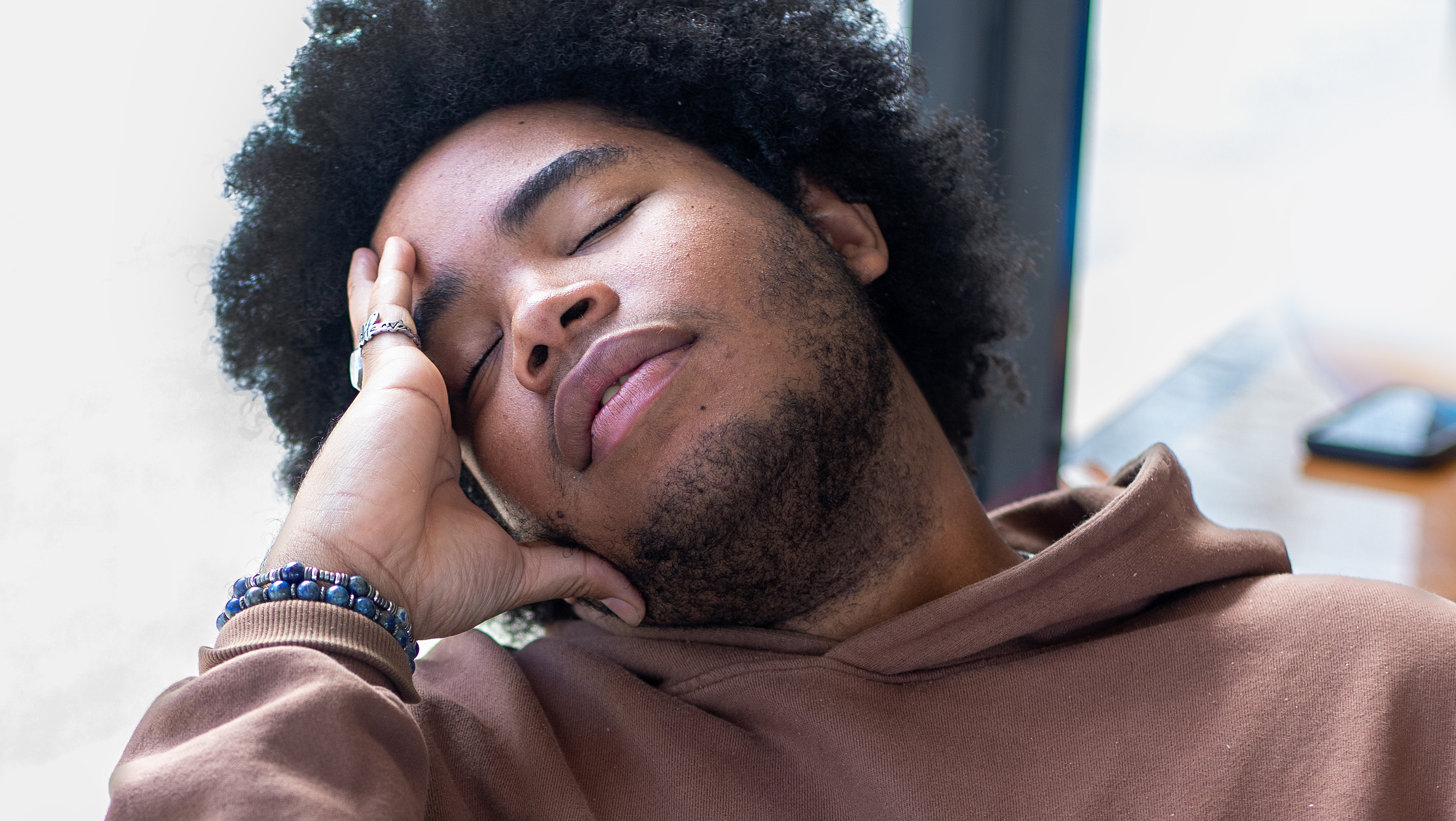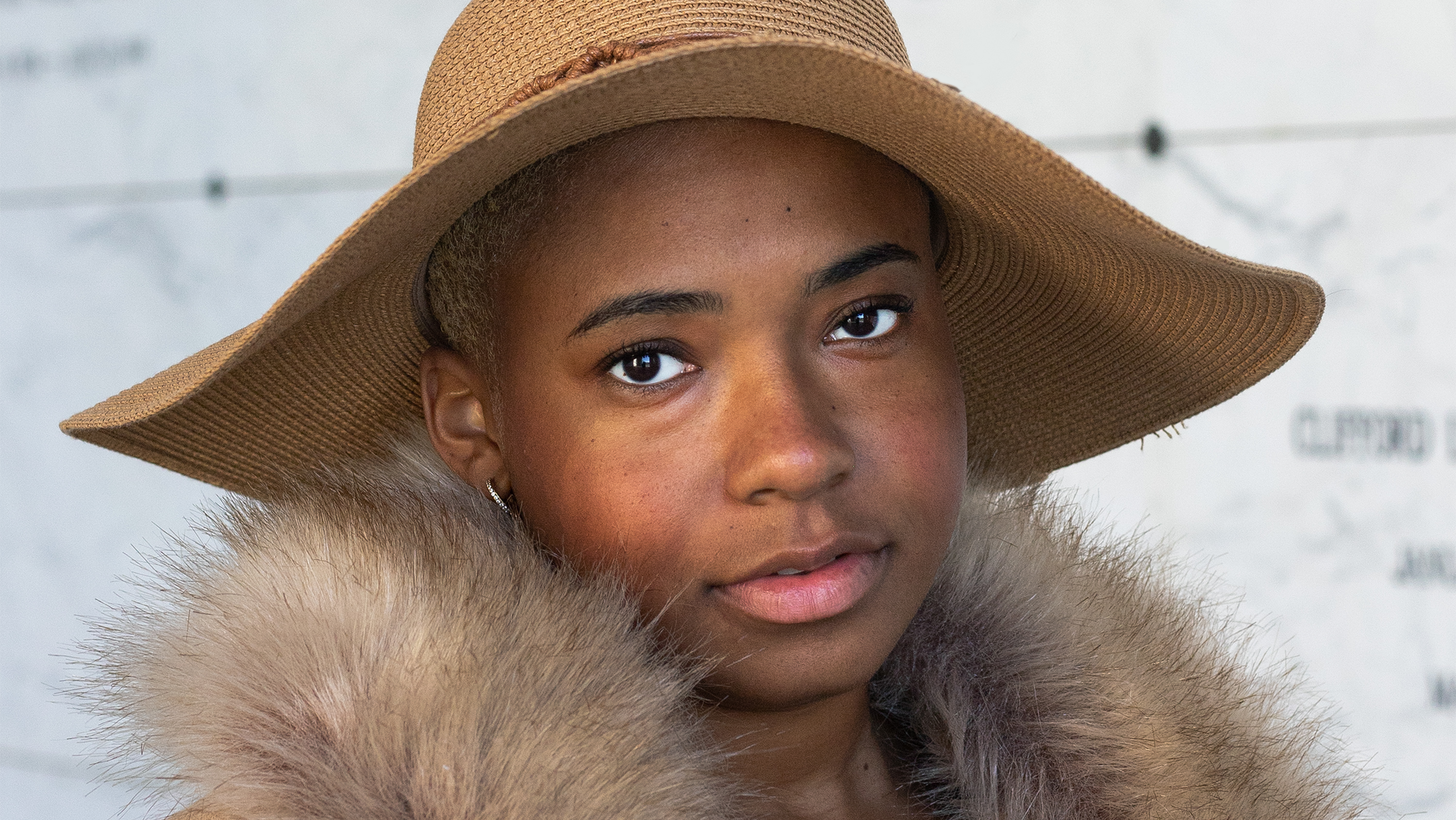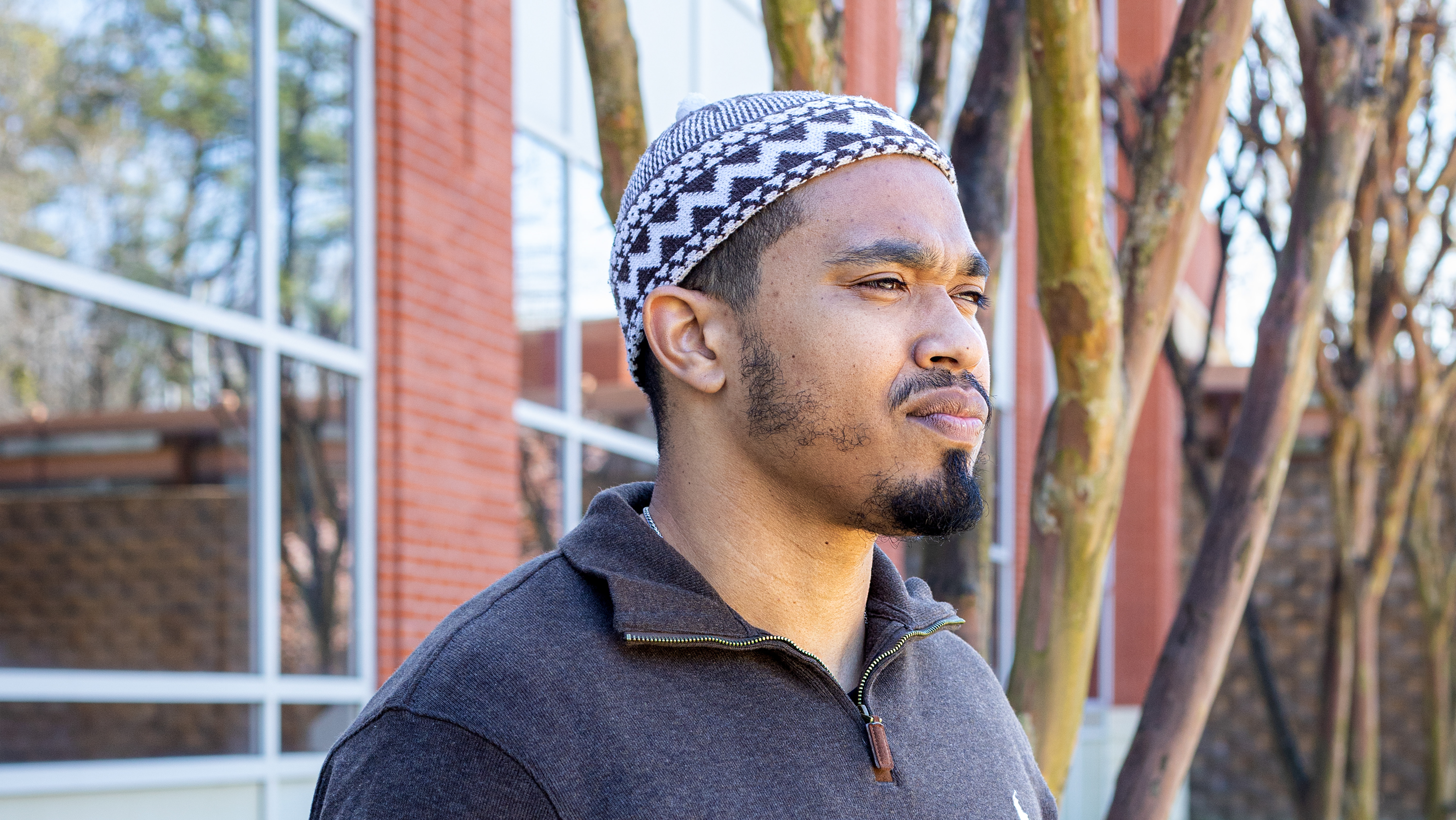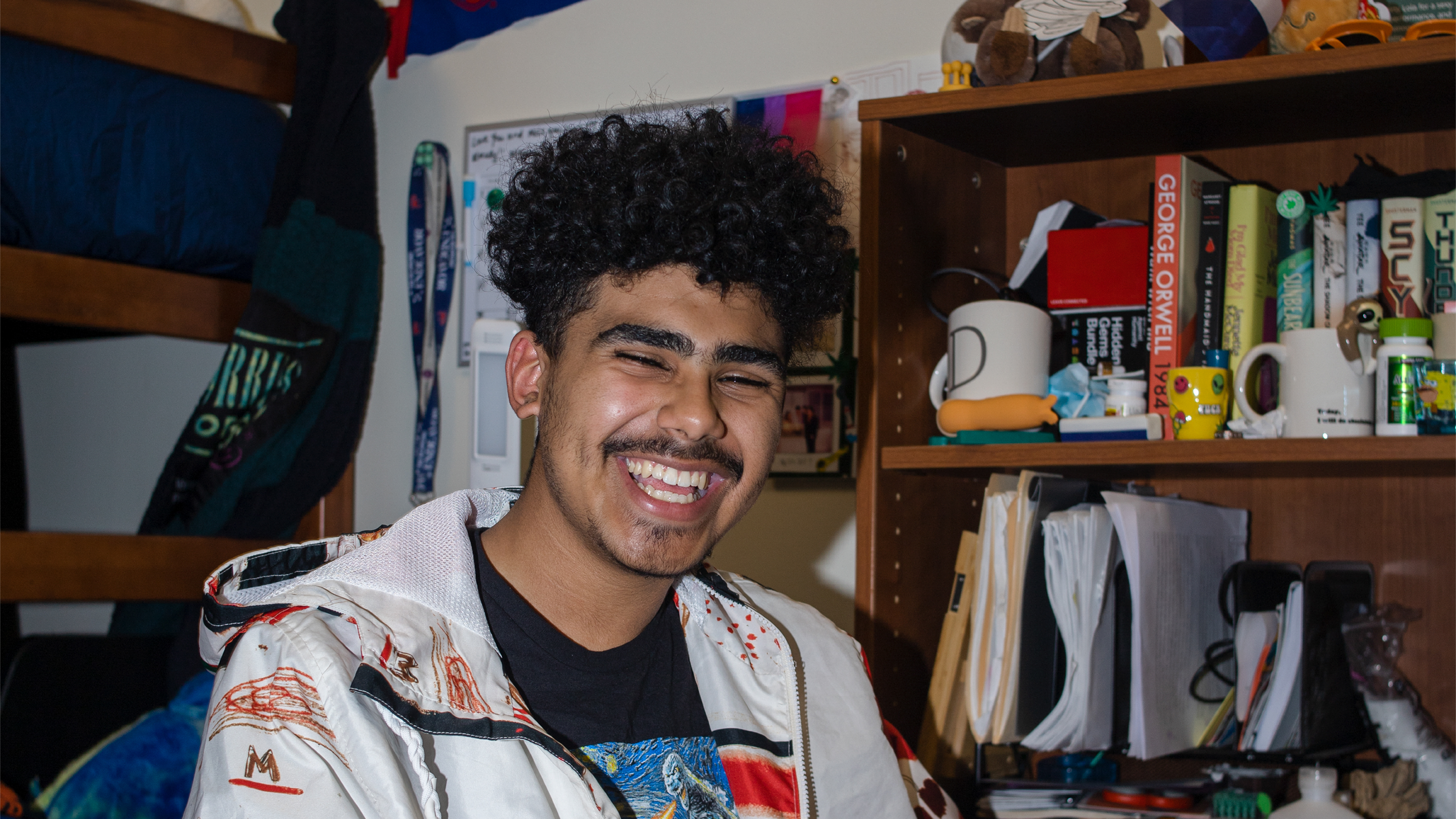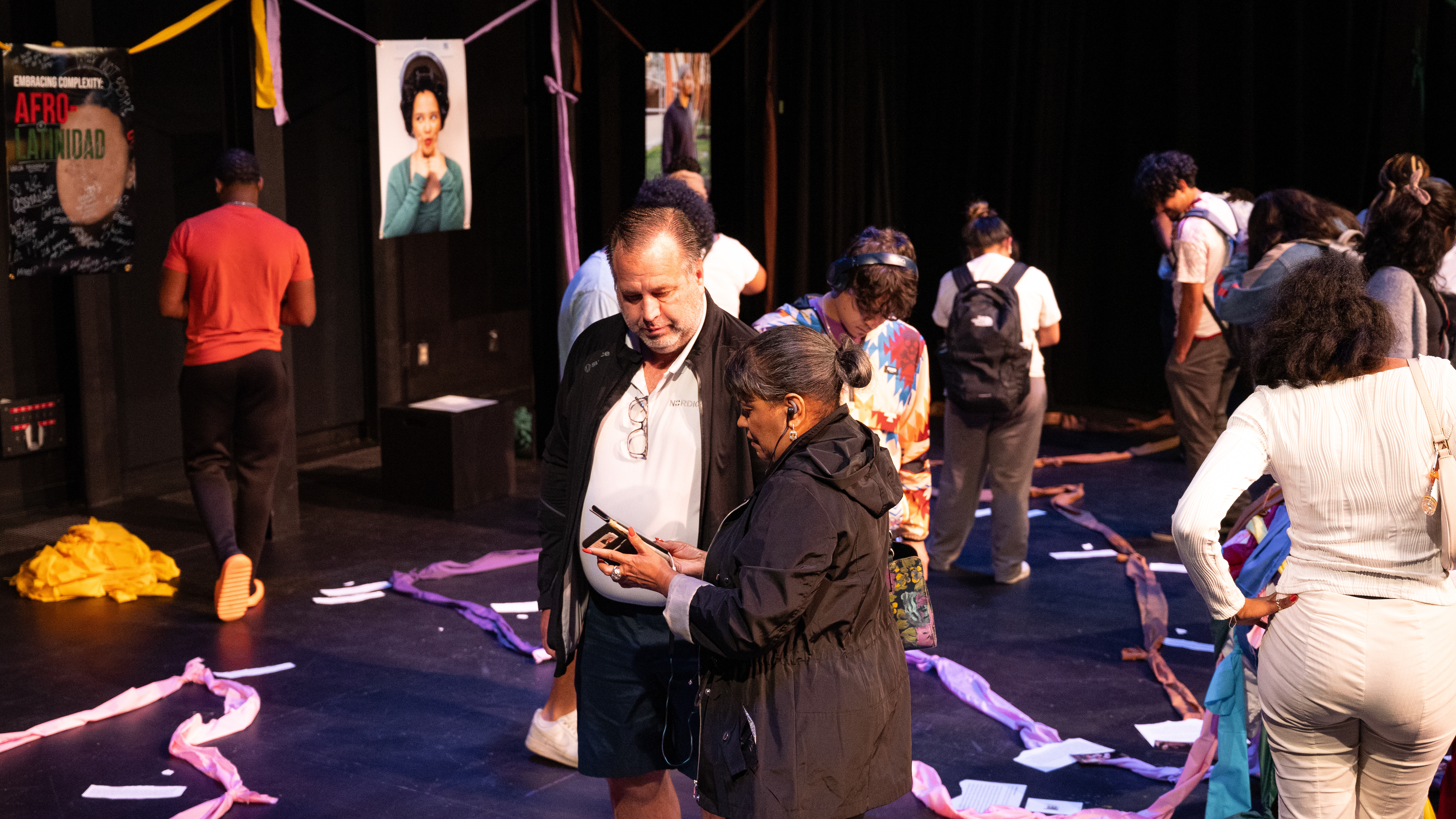I am of Afro-Indigenous Ecuadorian descent, although my phenotype doesn't always read that way. It reads different, many different things. But I've begun to claim it more as I have gotten older too… I grew up in Brooklyn, New York within specifically Caribbean culture. I've always felt embraced by black diasporic culture or indigenous culture. But it wasn’t something that necessarily was claimed in my family situation. My mom is white passing, and she would never claim her indigenous heritage, you know, her mom was Inca from Inca descent who would speak Quechua… She used to work at a Jewish garment factory and would proudly claim that she was able to “pass as Jewish.” My dad would never claim he’s African or Afro Ecuadorian. They would just say ‘I'm Ecuadorian.’
Audio clip from my conversation with Patricia (1:08 min)
So there was always a disconnect of not wanting to embrace it. It wasn't until college, honestly, when I asked myself “why aren’t we connecting with these parts of our culture?” It makes me wonder, you know, when did that cultural loss occur and why? What did my great grandparents experience that made them decide to culturally disconnect? … Today we encourage people to affirm their culture and worry less about assimilating or conforming to dominant culture. But we don’t realize that these are all survival tactics. Sometimes assimilating or conforming to dominant culture helps people attain mobility because they claim their whiteness and because my mom was white passing, I saw how she was able to do that, compared to my dad who is Black. But what is lost in the process of culturally disconnecting?
It was also in college that I first called myself Latina. And it was also the first time that I began to see the importance of saying, oh, my parents are Ecuadorian. I grew up with Ecuadorian influences. The idea of naming it and claiming it wasn't something that I really thought about as part of what I did. In college I started to find the language to better express myself and began understanding who I was…
I used the term Afro-Latino to my mom and she's like, que es eso afro-latino?
I was just like, well papí is Afro-Latino.
She says, el no viene del Africa. right?
Pero sus ancestors did! El no se ve asi de la nada… like there's no doubt about where he comes from. They may not agree with that, but the fact is, that he has African ancestry roots. I grew hearing my father say that he is not Black. And I have spent most of my life reclaiming that part of my ancestry and saying to them, yes, that's who I am. I'm a product of that world… claiming both those African and Indigenous spaces, because both parts of those cultures have been repressed for so long… also simply claiming the fact that I am a diasporic child. I am a fusion of the many cultures I have been exposed to along with my ancestral roots.
This is so important too, you know, because it's also gonna shape my kids. If my kids understand that too, then they will be more open to claiming their own identity. It's not only the culture that you come from, but the spaces that you've inhabited that really shape who you are.
Audio Clip from my conversation with Patricia (3:08 min)
When you don't affirm this, you just feel lost, especially when you think about white supremacy. In my mind, even just by virtue of walking in a space like the University of Richmond, if I'm not strong enough to hold myself accountable for who I am, I could easily get lost in the system of oppression. Claiming my Afro-indigenous Latinidad lifts up these historically marginalized communities in spaces where you don't see them. When I was a doctoral student Latino studies was just emerging. It was just becoming a field. So for me it was about how you carve out spaces where you can affirm who you are, especially in those spaces that are predominantly not meant for you. Academia has been about that for me, nudging so you can carve out those spaces, so you can affirm that this is my story, this is who I am… so that hopefully it helps other people feel like they can belong in those spaces as well. The only reason I'm here is because other Latinas and Black folks have helped me. There would be no way that I would be here without them if it was not for those mentors who helped me along the way.
I have a responsibility to continue carving those spaces, hopefully for other people to step in with less struggles. They'll be growing pains, but hopefully different and not the same.
There's a sense of responsibility that comes along with it. You realize like when you have gone this far in an academic space or just professionally, you don't necessarily do it for yourself anymore. I don't feel I'm doing it for myself. I owe it to my ancestors. I owe it to the people who came before me who carved out these spaces I stand in now. I owe it to my children who need to see role models. I owe it to other children that are like me, who didn't see themselves in these spaces. It’s no longer about me, it's more about creating pathways for my children, for my students, for the next generation so that they can build a better future.
